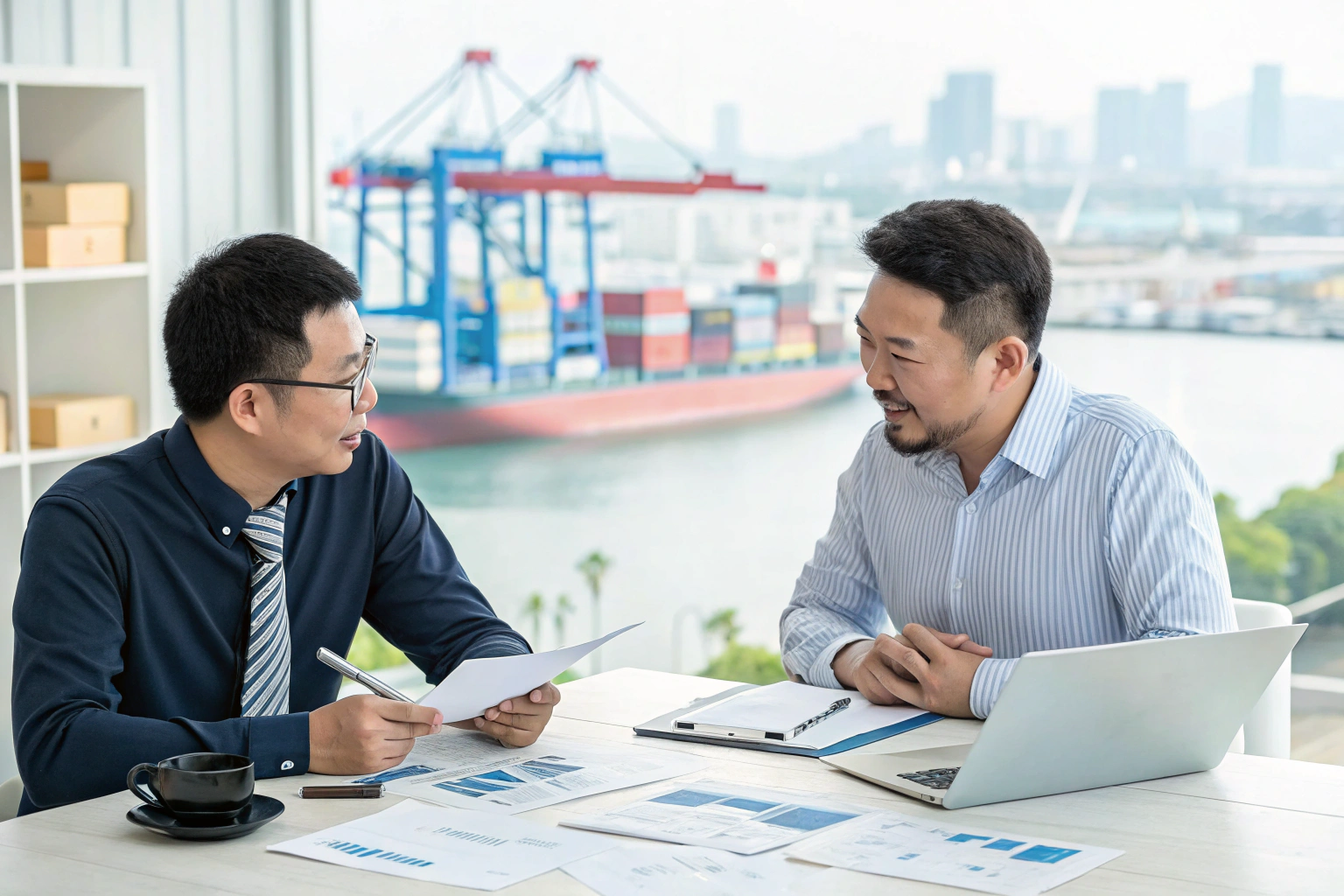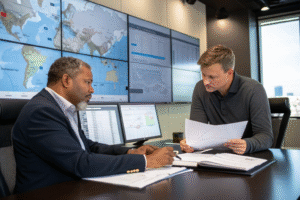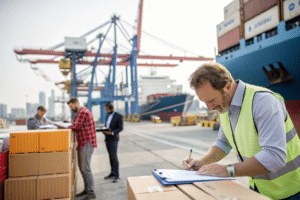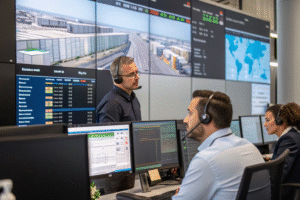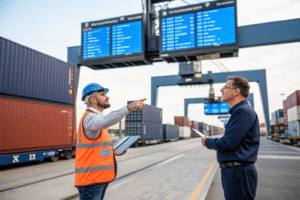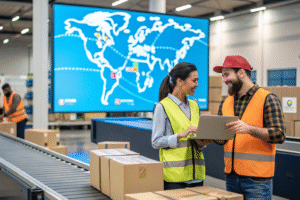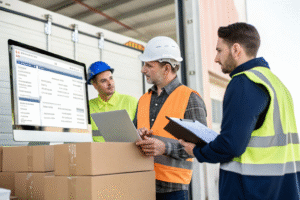Selecting the right freight forwarder can make or break your global supply chain. I’ve seen business owners struggle with late shipments, surprise charges, and communication breakdowns—all because they didn’t ask the right questions when choosing their logistics partner.
The key factors in choosing a freight forwarder include their industry experience, route coverage, service transparency, customs expertise, and ability to offer door-to-door logistics with competitive pricing.
Let me walk you through what truly matters when you're selecting a partner to handle your shipments from China—or anywhere else.
How Experienced Is the Freight Forwarder in Your Trade Lane?
Experience in your specific route is one of the most valuable assets a freight forwarder can bring. It means fewer surprises, smoother customs clearance, and better rates.
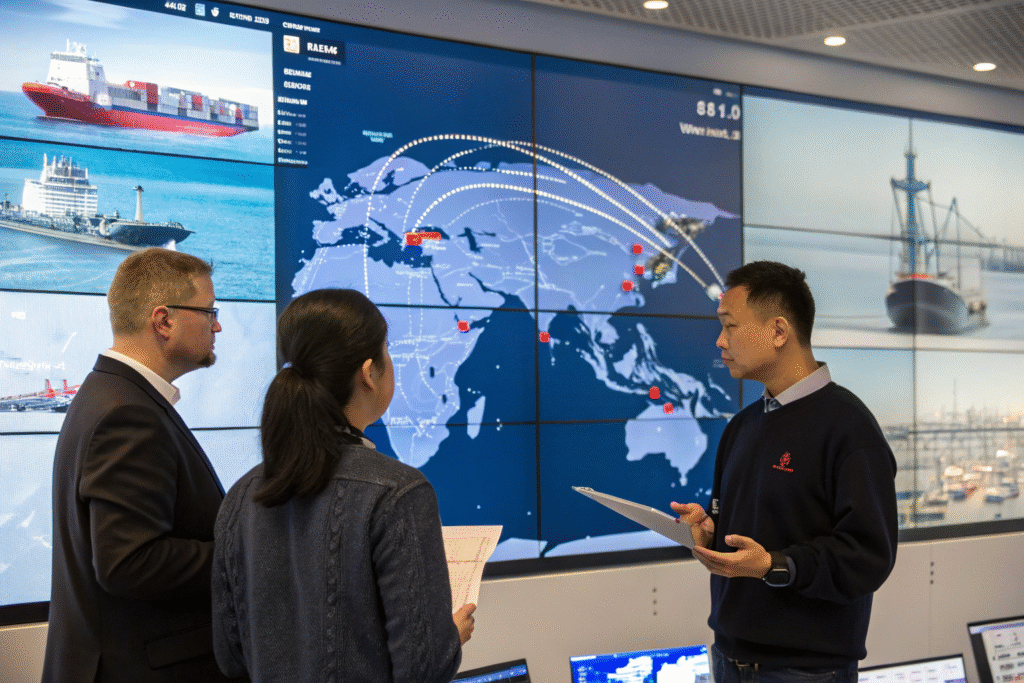
Why Does Trade Route Expertise Matter?
A forwarder specializing in China–US or China–EU shipments understands the port schedules, customs trends, peak seasons, and local regulations.
For instance, we’ve helped clients avoid Golden Week delays or reroute via Qingdao during Shenzhen congestion. Platforms like Freightos can compare rates, but not all forwarders can navigate disruptions efficiently like a lane expert.
How Can You Verify a Forwarder’s Experience?
Ask how long they’ve handled your trade route. Do they have direct relationships with carriers, knowledge of HS Codes, and port-side coordination?
You can also check if they're registered with groups like WCAworld or have trade route case studies on sites like Logistics Management.
What Services and Modes Do They Offer?
The best forwarders offer flexible solutions—not just one-size-fits-all shipping. Your needs will evolve, and your partner should be able to adapt.
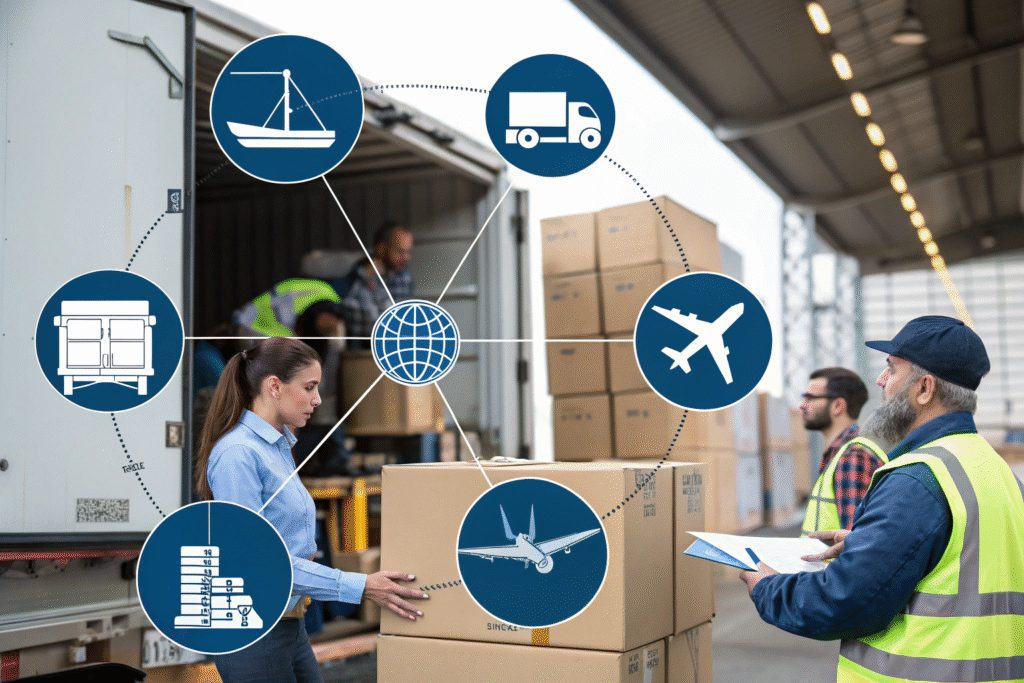
Do They Provide Multiple Freight Options?
Look for forwarders that offer:
- Ocean freight (FCL/LCL)
- Air freight (standard or express)
- Rail freight (for China–EU)
- Trucking & last-mile delivery
- DDP, customs clearance & bonded warehousing
We often mix modes, e.g., rail to Poland + truck to Germany. Platforms like Shipa Freight allow some comparisons, but only tailored agents will recommend multi-modal routing to save cost and time.
What Value-Added Services Should You Expect?
Good forwarders provide:
- Insurance handling
- Custom packing
- Labeling/barcoding
- PO management
- Return logistics
Ask if they use platforms like Project44 or CargoWise to improve visibility and tracking.
How Transparent Is Their Pricing and Communication?
Freight forwarding should not be a guessing game. One of the top reasons importers switch partners is because of hidden charges or lack of clarity.
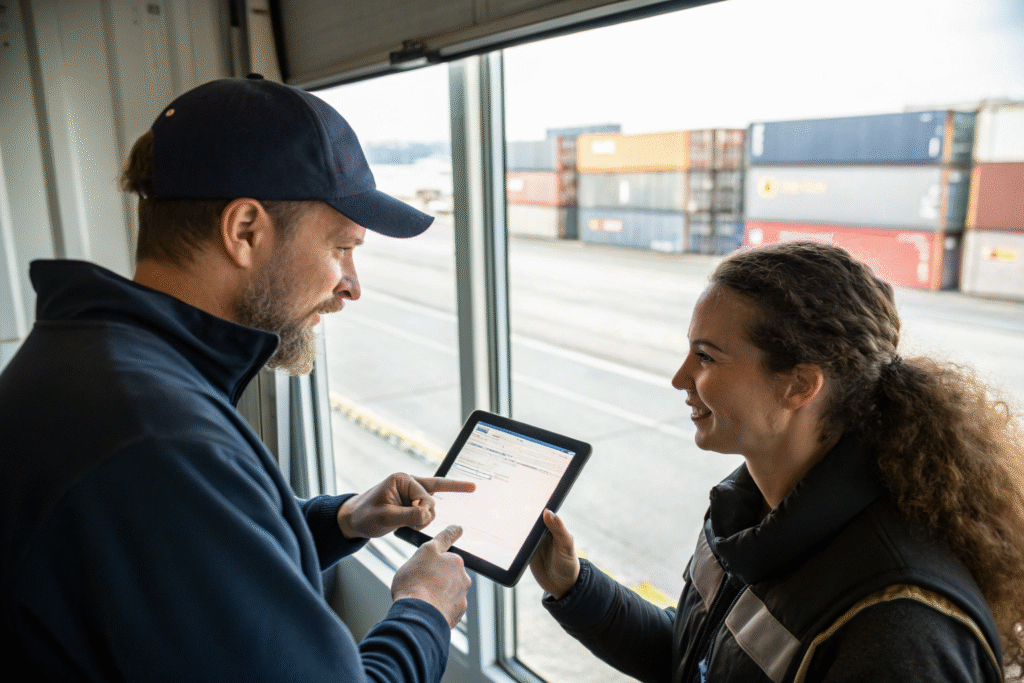
How Clear Are Their Freight Quotes?
A proper quote includes:
| Component | Included Details |
|---|---|
| Pickup Charges | Factory to warehouse |
| Freight Rate | Air/Sea/Rail base costs |
| Destination Handling | Terminal, unloading, trucking |
| Customs & Duties | DDP if included |
| Optional Charges | Fuel, insurance, storage |
You can learn to read quotes on sites like DHL Global Forwarding, but working with someone who breaks it down in plain English is priceless.
Do They Respond Quickly and Clearly?
Test them. Ask 3 questions in an email. A good forwarder replies within 12–24 hours, with details, not generic answers.
Also, confirm they use live tracking (e.g., Maersk Flow) and provide a single point of contact, not a rotating call center.
How Well Do They Handle Customs and Compliance?
Even the cheapest shipment will get stuck if compliance isn’t handled properly. Customs expertise is what separates transactional forwarders from strategic logistics partners.
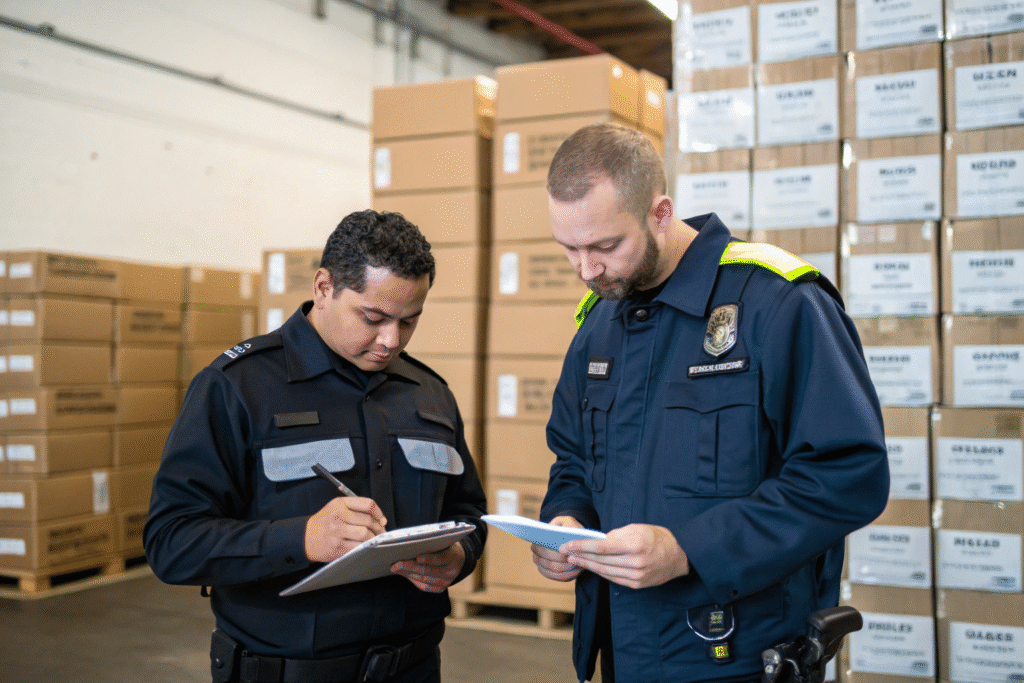
Do They Understand Documentation and HS Codes?
Incorrect documentation is the number one cause of delays and fines. A skilled forwarder helps you prepare:
- Commercial invoice
- Packing list
- HS Code classification
- Certificates of origin
We rely on Trade.gov to check country-specific rules, and train our staff on annual customs updates to ensure smoother declarations.
Can They Manage DDP and Local Tax Rules?
If you're selling DDP, your forwarder must calculate duties, VAT, and import licenses in the destination country.
We work with EU brokers and platforms like Avalara to ensure proper compliance on high-value orders. Without this, your shipment risks clearance delays or seizures.
Conclusion
Choosing the right freight forwarder is not just about rates—it’s about trust, flexibility, and long-term partnership. You want someone who understands your product, your route, and your goals.
At GeeseCargo, we focus on making global shipping simple, secure, and cost-effective. Whether you're scaling up your e-commerce business or moving full containers monthly, we’re ready to support you every step of the way.
